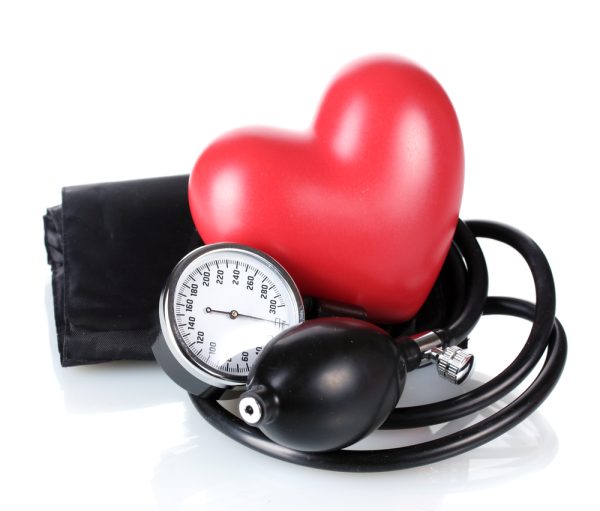Department of Public Health Experts Urges Caution on Lower Blood Pressure Recommendations

While a landmark study shows treating high blood pressure with more intensive management may significantly reduce the risk of cardiovascular events, a UNC Charlotte Department of Public Health professor says the findings may be more nuanced than they first appear.
The clinical trial from the National Institutes of Health confirmed that, in adults 50 years and older with high blood pressure and one additional risk factor for heart disease, targeting a systolic blood pressure of less than 120 millimeters of mercury (mm Hg) reduced rates of cardiovascular events, such as heart attack and heart failure, as well as stroke, by 25 percent. This target also reduced the risk of death by 27 percent—as compared to the traditionally recommended systolic pressure of 140 mm Hg.
These results were considered so compelling that the federal government decided to stop the study early.
Subjects in the study of more than 9,300 who were assigned to the intensive treatment group took an average of three medications; participants in the control group averaged two. This is part of what concerns Department of Public Health professorJan Warren-Findlow, an expert on blood pressure management.
“The chances of having drug interactions or other adverse events generally increases with the number of medications.” said Warren-Findlow.
And indeed, 5 percent of study participants in the intensive treatment group suffered serious adverse effects such as fainting or a reversible injury to the kidneys. That was double the number of patients who suffered serious side effects in the group with the 140 mm Hg target.
“Some of these events are of greater concern in the elderly, those who live alone, or have other chronic conditions. Now some individuals, if they start to have these types of events, will stop taking the medications or take them less often, which will affect the overall effectiveness of the treatment,” Warren-Findlow said.
“Clinicians will really have to know their patients’ circumstances well to be able to determine how to prioritize reducing blood pressure versus other health issues they may be juggling.”
In an NIH press release, study co-author Paul Whelton noted “The benefits of more intensive blood pressure lowering exceeded the potential for harm, regardless of gender or race/ethnicity.” NIH researchers did advise that patients consult a doctor to determine whether the lower target is best for their individual care.
“I don’t think we can say that this is a global recommendation for everyone, said Warren-Findlow. “The findings are intriguing and unequivocal for some gender and race subgroups (e.g. whites and males) but less clear for women and individuals who are of black race.”
Warren-Findlow pointed out that the influence of lifestyle changes and medication adherence on the data is not fully clear.
“I would like to see more studies that combine medication therapy with a much more intensive lifestyle intervention to see if similar results can be achieved but with fewer drugs. This kind of study would require a more comprehensive assessment of lifestyle activities. It’s feasible but difficult; taking a pill is much simpler but more costly.”
Though she recognizes the significance of the study’s results, Warren-Findlow argues that the success of medication therapies should not deter public health policy efforts aimed at prevention.
“Changes like quitting smoking, engaging in physical activity and eating a healthy diet benefit everyone regardless of health status and reduce the risk of numerous chronic diseases and obesity, not just hypertension.”
by: Wills Citty